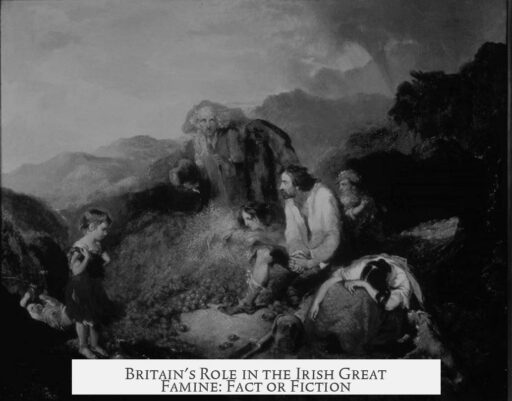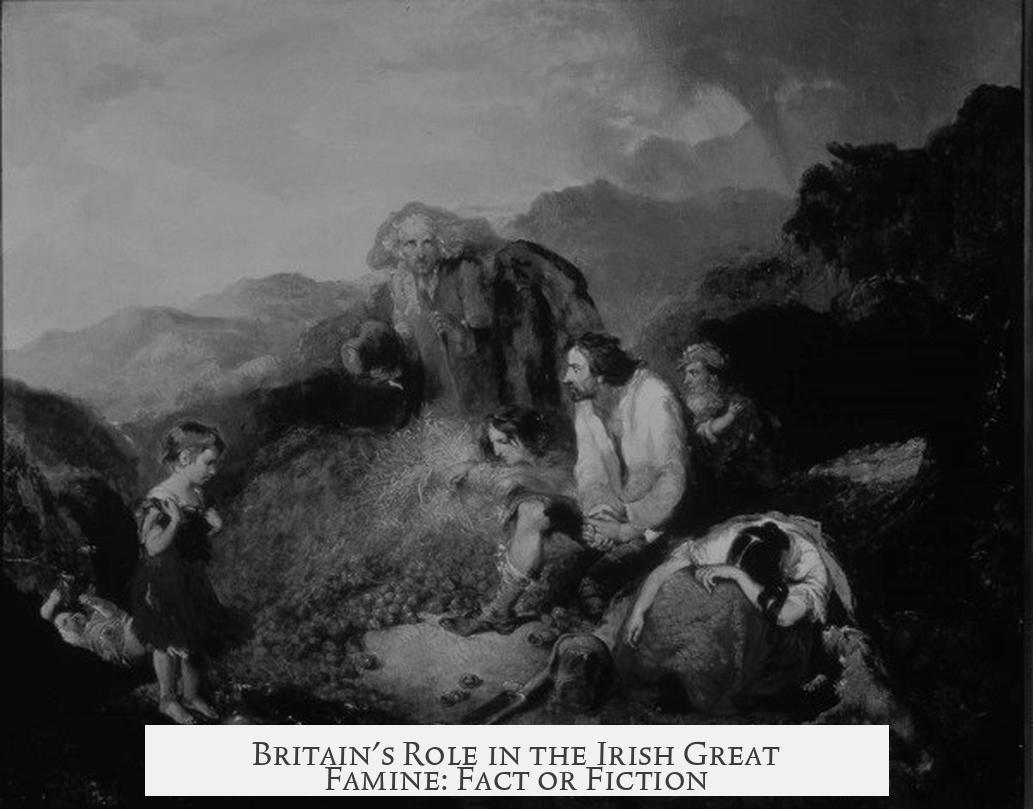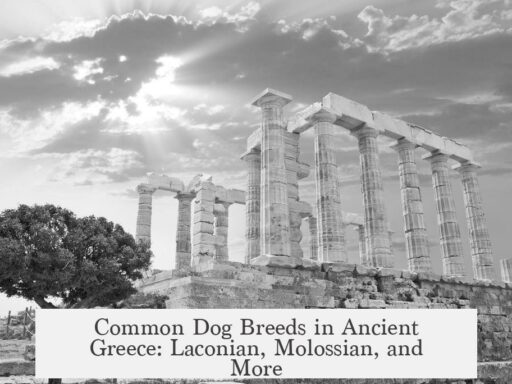Britain played a central role in the Great Famine in Ireland, but attributing the famine solely to British action oversimplifies a complex historical event. The famine’s severity stemmed from structural economic arrangements under British rule, poor government responses, and environmental catastrophe. Whether it constitutes genocide remains debated.
The Great Famine (1845-1852) was triggered by a potato blight, Phytophthora infestans, which devastated the primary food source of the Irish population. This crop failure, however, occurred within a deeply unequal socio-economic system imposed by Britain over centuries. The Irish population mostly consisted of Catholic tenant farmers working on land owned by Protestant landlords. This landholding system concentrated ownership and left farmers vulnerable.
British rule enforced laws and policies that enhanced Protestant land control. Many landlords were absentee, extracting rents without investing in the land. Tenant farmers subdivided small plots to survive, relying heavily on a single crop—the potato. This monoculture was highly susceptible to disease and created disastrous food insecurity once the blight struck.
Unlike in regions with diversified agriculture, Ireland’s economic structure could not absorb the blight’s shocks. By 1840, the population had grown significantly, and many depended almost entirely on potatoes for calories. The collapse of the potato crop thus precipitated mass starvation.
Critics argue Britain’s harsh economic policies worsened the famine. The British government initially reacted by importing maize and removing tariffs under Sir Robert Peel. Yet, political shifts brought in the Whig government under Lord John Russell, which adhered to laissez-faire capitalism. They refused large-scale food aid or intervention, fearing market distortion and dependency.
The government did authorize temporary relief such as soup kitchens and public works. However, these efforts were insufficient and flawed. Public works demanded physical labor many starving people could not perform. Soup kitchens ended prematurely to avoid “dependency,” leaving many vulnerable. Food exports from Ireland continued despite starvation, which intensified resentment.
The British government’s failure to provide sustained and effective relief exacerbated the crisis. The famine caused approximately one million deaths and prompted another 1.5 million emigrants, devastating Ireland’s demographic and social fabric. This response, combined with the landholding system, fueled descriptions of British policy as neglectful or even punitive.
The debate over whether the famine was genocide centers on intent. Genocide requires deliberate and systematic destruction of a group. Some argue Britain’s inaction and policies amounted to indirect genocide by engineering social conditions. Scholars like Tim Pat Coogan assert deliberate intent, while others, such as Mark G. McGowan, see the famine as a tragic consequence of systemic neglect rather than planned extermination.
Britain also created long-term dependency on the potato, enforced through penal laws and economic policies that marginalized Irish agriculture and industry. When blight struck, hopes for relief or economic transformation foundered under British government’s limited intervention.
| Aspect | Role of Britain |
|---|---|
| Landholding System | British imposed Protestant landlord dominance, majority Catholics as tenant farmers |
| Agricultural Economy | Forced reliance on potato monoculture, fragile food base |
| Government Response | Initial aid (American maize, ending Corn Laws), later laissez-faire policy limiting intervention |
| Relief Measures | Soup kitchens, public works—short-lived and inadequate |
| Famine Outcome | 1 million deaths, 1.5 million emigrants, extensive suffering |
The Great Famine resulted from a blend of environmental disaster—potato blight—and political-economic systems failing the Irish population under British rule. British policies worsened the crisis, with ineffective relief and adherence to laissez-faire ideology prolonging suffering. The question of genocide remains contested and depends on definitions of intent.
- British land and economic policies structured Irish dependence on a monoculture potato crop.
- Potato blight was an environmental trigger, but vulnerability was systemic.
- British government relief was initially helpful but became minimal under laissez-faire ideology.
- Continued food exports during famine increased resentment and hardship.
- Scholars debate if British neglect equates to genocide or tragic neglect.
Did British land policies worsen the Great Famine in Ireland?
Yes. British landholding favored Protestant landlords who often lived away from Ireland. Most Irish were tenant farmers reliant on a single crop, the potato. This made them vulnerable when the blight struck.
Did the British government provide help during the famine?
Initially, yes. Sir Robert Peel’s government imported maize and abolished the Corn Laws. Later governments were less willing, fearing aid would cause dependency and disrupt the market. Relief efforts lacked long-term planning.
Can the Great Famine be called a genocide by Britain?
It depends on the definition. No clear evidence shows a plan for mass murder. But some argue the British used the famine to enforce social control while ignoring Irish suffering.
Why was the potato so critical to Irish survival before the famine?
The potato was a calorie-rich staple that supported a growing population. Many Irish tenant farmers depended almost entirely on it due to land division and lack of alternatives.
How did British economic decisions affect Irish famine relief?
The British commitment to laissez-faire economics limited intervention. They feared interference with market forces and reduced aid programs, prolonging the crisis and increasing deaths and emigration.




